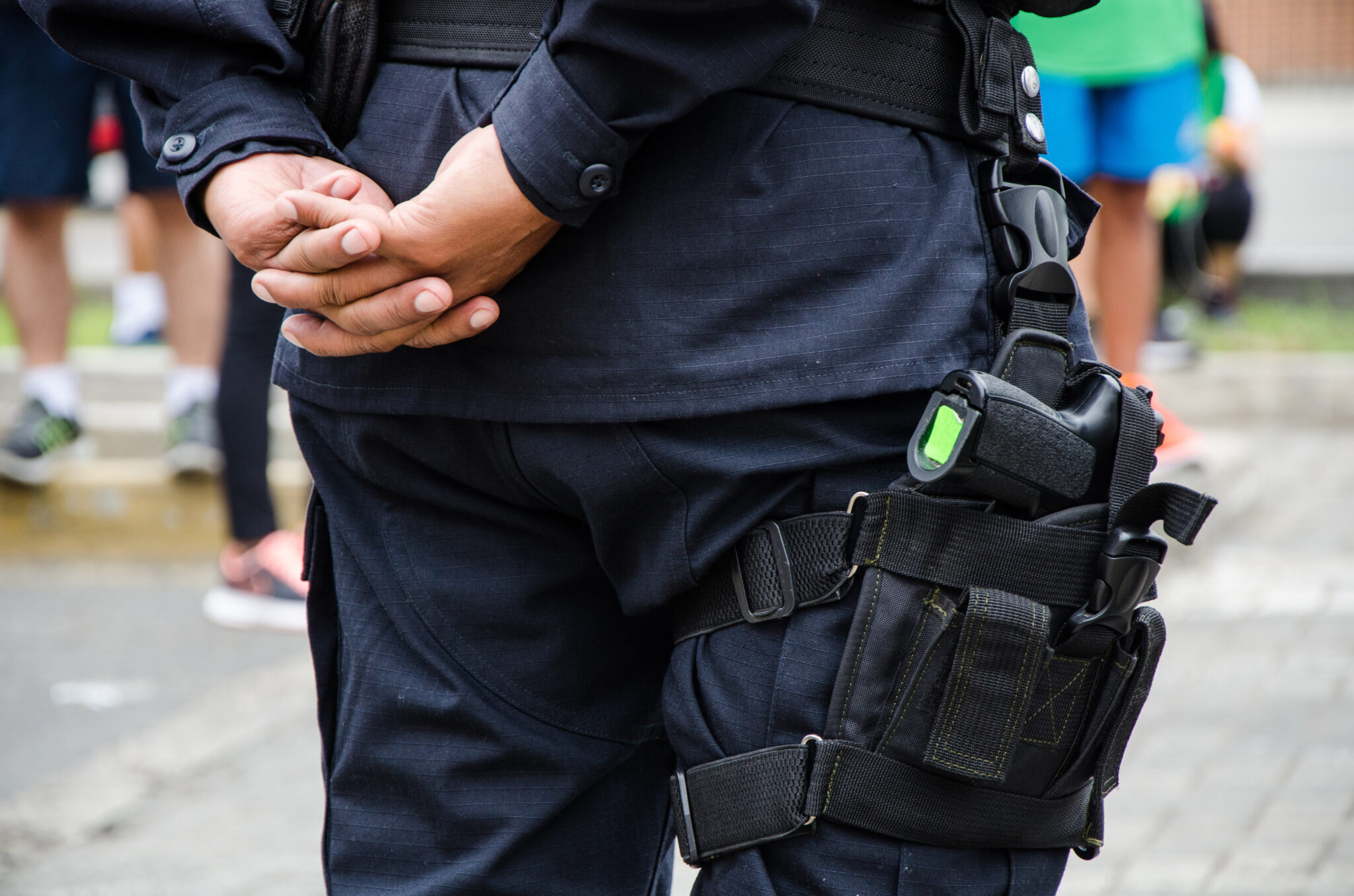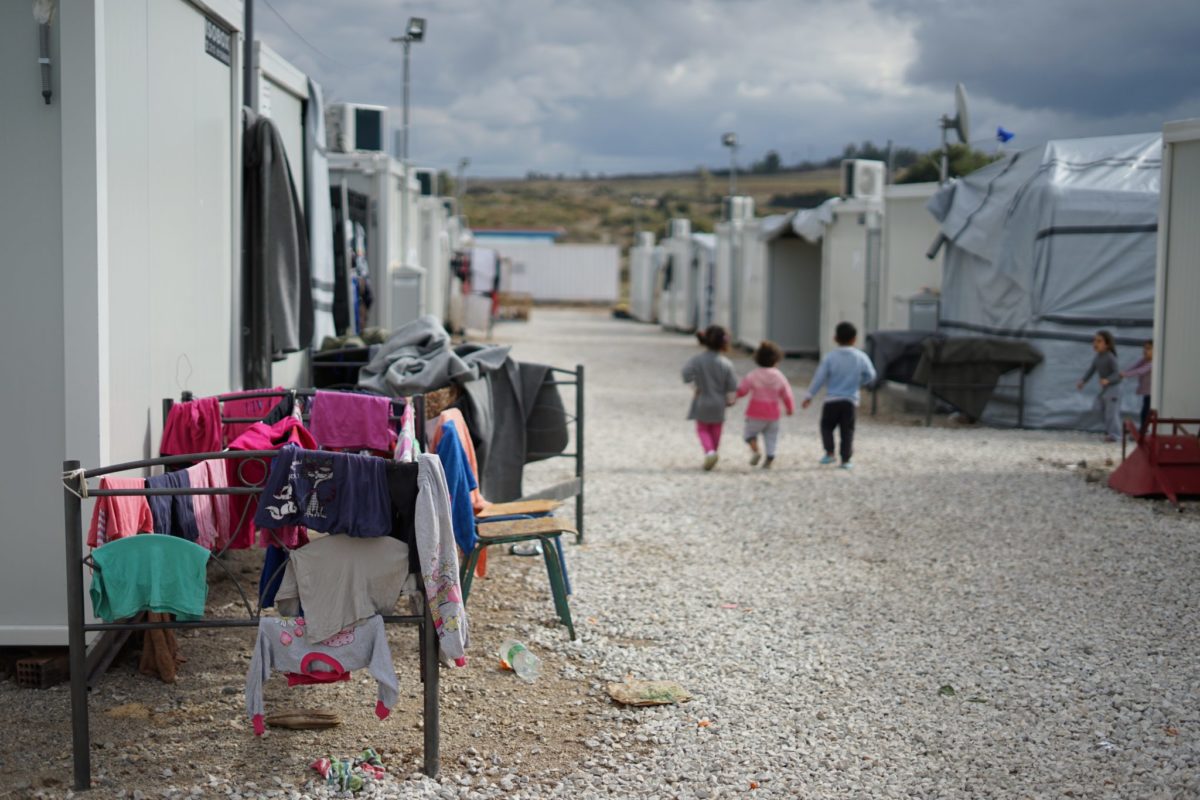Post-conflict Security Structures and Citizen Buy-In in Latin America

A policeman in Peru with his firearm. © Peruphotoart – stock.adobe.com
Study Context
The majority of people in extreme poverty live in conflict-affected or fragile countries, most of which experience primarily internal conflicts, rather than wars with another country. Latin America has experienced a number of recent civil conflicts, as well as notable drug trafficking efforts and crime waves that cause more casualties, displacement, and destabilization to the region. Understanding how communities respond to this set of threats, what kinds of policing emerges from the state and alternative security providers after conflict, in particular, and how citizens relate to those different forces is essential to fostering stability and peace in Latin America.
Study Design
This project will compile the first comprehensive dataset of all security forces in Latin America and the Caribbean, including both government (police, military) and alternative (militia, rebel) forces. Specifically, researchers will put together yearly data (at the country and regional level) on all security forces in all 33 Latin American and Caribbean countries from 1970 — 2020. Despite the importance of these data for policy decisions (especially in post-conflict countries), there are no comprehensive datasets to answer basic descriptive questions about security in Latin America — for example: how many and what types of police officers operate in each country? How are they selected and trained? To whom are they accountable? Only a few of these variables have been collected in any form, and most are not captured over time. Using this new dataset, the researchers will test a variety of hypotheses about how different security forces develop and how they interact with communities and their citizens.
To supplement this data collection, the research team will also conduct qualitative and survey research in a subset of Latin American and Caribbean countries. Specifically, they will conduct interviews, focus groups, and ethnographic research in carefully selected case studies and then also poll up to ten Latin American and Caribbean countries to explore how citizens perceive state and non-state security structures, how they think about their legitimacy, and to whom they turn to when facing a threat.
A profound challenge for governments, especially post-conflict, is how to (re)establish themselves as the primary governing force and subsequently ensure sustainable security. Existing theory posits that the state’s ability to provide order is based not solely on its coercive power, but also on voluntary cooperation from its citizens. The team will use collected data to develop a theory of citizen buy-in to understand these questions: including how community cooperation with security forces impacts those forces’ longevity and effectiveness.
Results and Policy Lessons
Forthcoming.


